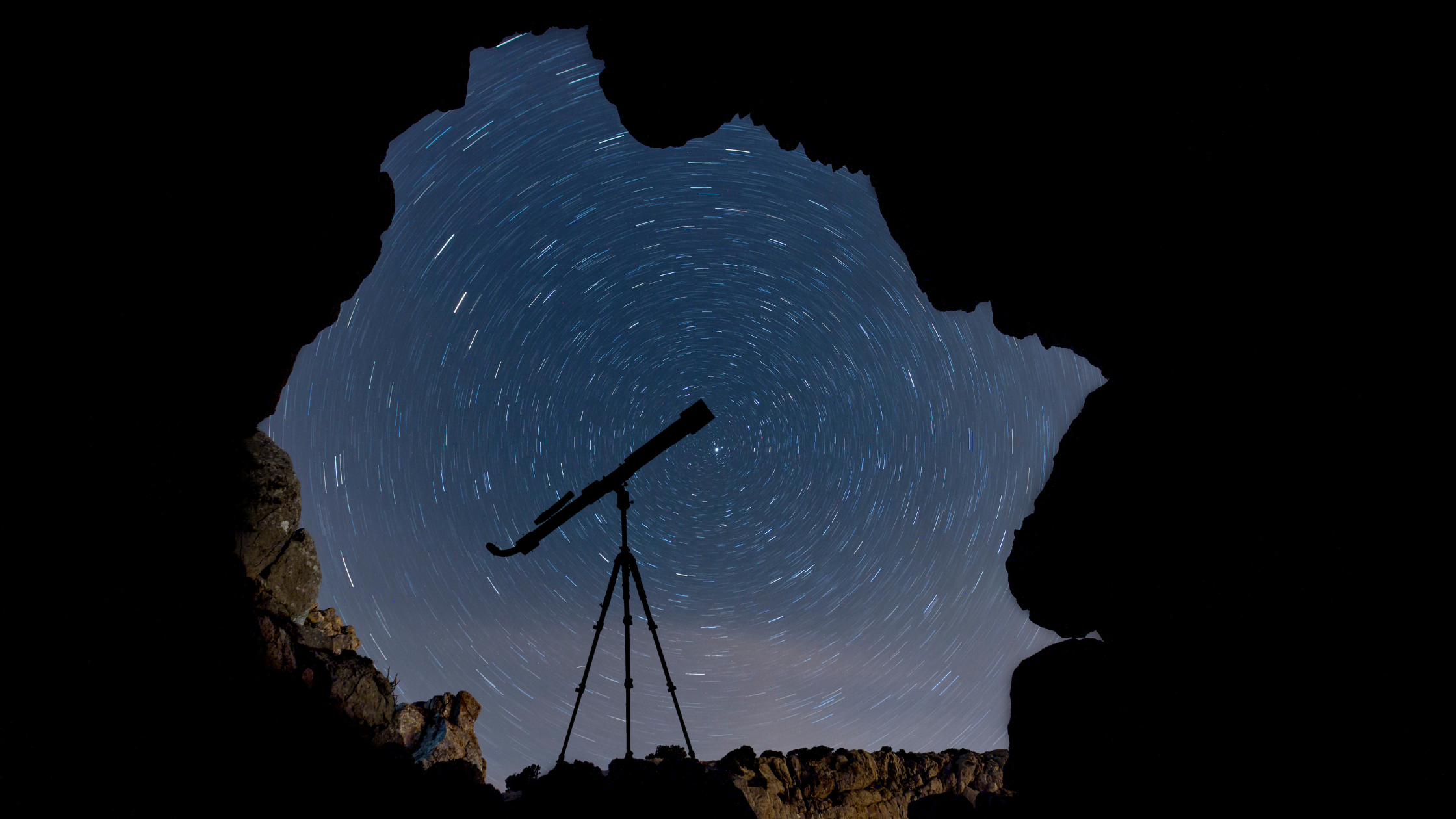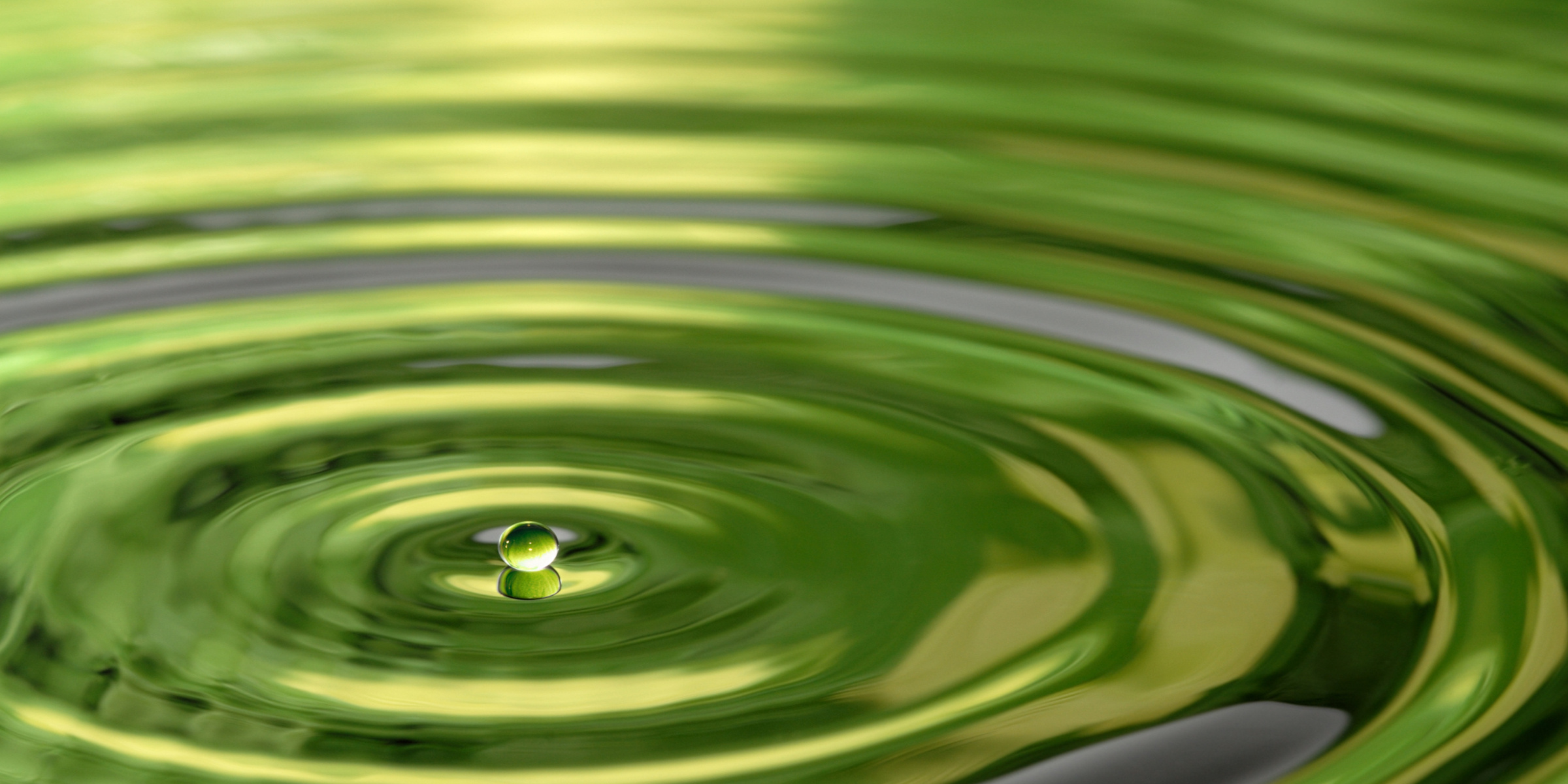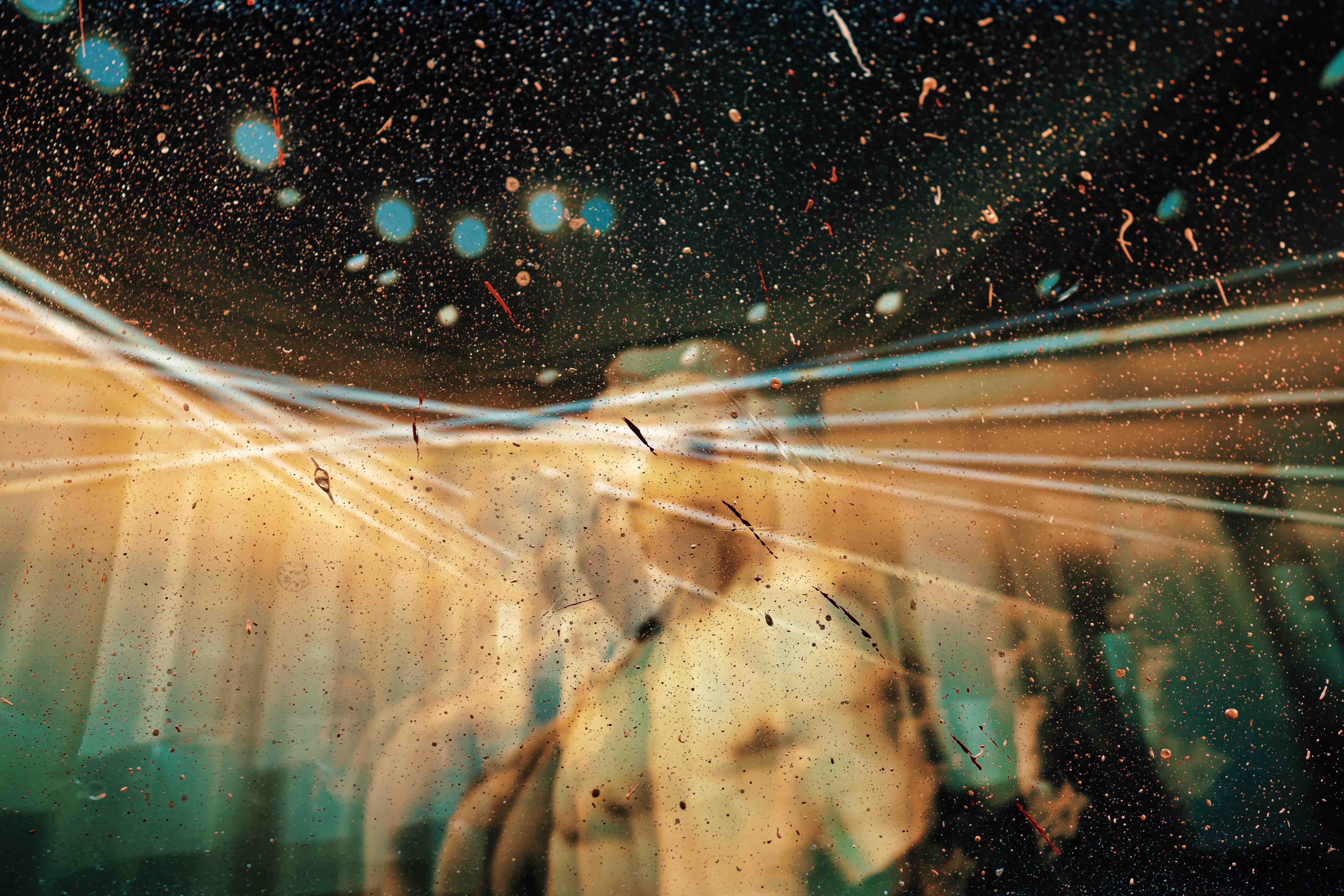Music and psychedelics are inextricably linked. Across human history, psychedelics have inspired countless musicians, and music has influenced countless psychedelic trips.
It’s no surprise that researchers are finding that the music playing during psychedelic ceremonies, or psychedelic-assisted therapy, can have a big influence on the experience.
Your connection to the music you hear at a psychedelic retreat could turn a good trip into a profoundly transformative experience!
Let’s dive into the research into the connection between music and psychedelics, and show you what you can expect from music at a psychedelic retreat by sharing some of our favorite playlists with you.

The history of psychedelic music
In the history of psychedelic music, you can find hundreds of bands and musicians who were influenced by psychedelics, or who also influenced the psychedelic counterculture themselves.
Bands like The Grateful Dead were partly responsible for the spread of psychedelic awareness around America in the 1960s, and groups like Pink Floyd used their psychedelic creativity to create exciting new music. Without psychedelics, and the inspiration they gave to supergroups like the Beatles and one-of-a-kind artists like Jimi Hendrix, our musical and cultural landscape would be totally different.
But psychedelic music goes beyond our Western culture. As psychedelic researcher Mendel Kaelen says, “When I first started getting interested in psychedelic drugs, one of the things that fascinated me was that these compounds are used across many different cultures around the world, and to my knowledge, music is always present in these ceremonies.”
Traditional psychedelic shamanism almost always uses some form of music, whether it’s singing or instrumental. Sacred melodies received during plant medicine training (called icaros in South American ayahuasca shamanism), or hymns and rhythms that are linked to specific communities, are cornerstones of these kinds of shamanism. Music is considered an important tool to help guide participants through psychedelic states, saving them from negative energies and directing them to spiritual insights.
If you’ve ever had a psychedelic experience while music is playing, you might have experienced an enhancement or merging of your senses that makes you understand how meaningful music can be in a trip. Sounds become more than just sounds, they can become sight, touch, emotion, and memory, sometimes all at once.
Now, with the rise of psychedelic retreats and psychedelic therapy in the West, interest is growing in the potential of music to help produce an optimal psychedelic experience for personal transformation.

Music in psychedelic-assisted therapy
Although it might seem obvious that the music playing during a psychedelic experience can influence your emotions, research is starting to show how important this actually is.
Early research into the connection between psychedelics and music showed that when we are in the middle of a psychedelic experience, we’re more likely to have an emotional response to music (Kaelen et al, 2015).
In this study, ten people were given LSD and then played a selection of five tracks, which were mostly instrumental or ambient, and then asked to fill in surveys about the way the music had affected them. Compared to placebo, the people who had taken LSD were more likely to rate the music as being “wondrous,” “transcendental,” “tender” and “powerful.”
The researchers then decided to find out how people who were undergoing psychedelic-assisted therapy reacted to the music played during their sessions.
Typically, psychedelic therapy involves patients lying on a bed with eyeshades and headphones on, while listening to ambient or classical music, as the therapists support the participant through any difficult feelings that may come up. This means the music could play a central role in the participant’s journey.
In this study, the researchers interviewed 19 people who were having psychedelic therapy to treat their depression, and found that music could have both good and bad influences on their experiences (Kaelen et al, 2018). Importantly, they found that when participants felt the music was more personally meaningful, they had more positive experiences and were also more likely to have significant reductions in depression.
The flipside of this is that sometimes participants could find the music distracting, and that could produce feelings of resistance and amplify negative emotions. Because psychedelics have the potential to enhance both positive and negative emotions, it makes sense that music can influence the trip to go down either of these routes.
The research also showed that there was a wide variance in the kind of music that the participants liked, and the kinds of music they disliked. This appeared to be very personal, and could depend on the individual participant’s taste in music, or their current mental state during the time that certain tracks came on.

Selecting music for psychedelic therapy
This research shows how challenging it can be to select music to use in psychedelic therapy playlists. Not only do people have very specific preferences for music, and what feels meaningful to them, but they will all go through different psychedelic experiences that might need different kinds of music at different points.
What researchers have tended to do so far is pick music with minimal vocals (to minimize distraction), and follow a typical pattern: Calm tracks during the come-up, followed by a “pendulum effect” of alternating intense and calm tracks during the peak, and then calm tracks once more during the come-down.
It’s also common practice to avoid using tracks that have become culturally well-known, such as classical music that has been used in advertisements or movies.
However, according to leading psychedelic music researcher Mendel Kaelen, it’s also helpful to have some flexibility and potentially personalize playlists to individuals. He suggests that in a similar way to how therapists adapt their technique depending on the individual patient, they could also be trained to select appropriate music: “More often it is based on intuition and experience, which informs [therapists] what words to say, when to say it, and likewise [this could apply to] what music to play, and when to play it.”
Although scientists are keen on developing a concrete system of psychedelic music to be used in therapeutic settings, it’s unlikely things will develop that way. It seems an almost impossible task to develop a set of beats, melodies and timbres that are universally accepted positively by therapy patients.
But Kaelen suggests that we can compromise between a set-in-stone playlist and a completely dynamic, therapist-led music choice: “If you harmonize both of these views, the therapist can adapt the music as long as all the changes are documented. Simply by tracking the different musical genres, artists, and even different acoustic features used, to ensure a balance over the different conditions, the design has the best of both worlds.”

Three psychedelic music playlists recommended by Synthesis!
Finally, here are three psychedelic playlists for you to enjoy. They should give you an idea of the kind of music being used both in psychedelic therapy, and at psychedelic retreats like Synthesis.
- The Psilocybin for Depression playlist. This playlist, created by Mendel Kaelen, was used during the first trials into the use of psilocybin-assisted therapy for the treatment of depression at Imperial College London. Over five hours of soaring psychedelic journeying!
- The Johns Hopkins playlist. Not to be confused with electronic musician Jon Hopkins, whose music is often used in psychedelic playlists, this selection of music was used during the treatment of people with anxiety related to terminal illness at Johns Hopkins University. This one is more classical than the others, so some might find it more intense!
- Synthesis 1.0. This was our first psychedelic playlist used during our weekend retreats. Although now it has been adapted since, we are sharing this early version with you to give you an idea of what to expect in our ceremonies!
To learn more about Synthesis retreats, click here.












